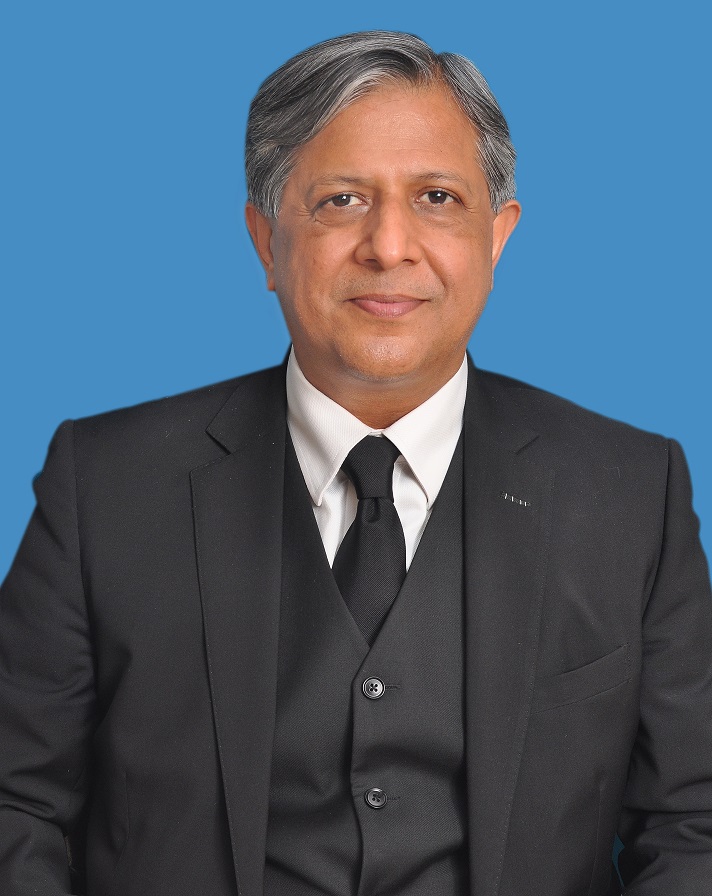ISLAMABAD, Feb 27 (APP):Azam Nazir Tarar, leader of Pakistan Muslim League-Nawaz (PML-N), on Tuesday said that only political parties with representation in the Parliament could qualify for the allocation of
reserved minority and women seats.
Talking to media outside Election Commission of Pakistan (ECP), Azam Nazir Tarar pointed out that Sunni Ittehad Council (SIC), without winning any seats
or participating in the election, is now demanding
reserved seats.
The political parties that have secured seats in the parliament are entitled to
reserve seat allocations.
He further said that legal standpoint regarding
reserved seats is evident and only parties with parliamentary seats will be granted
reserved seats. He said that SIC didn’t make PML-N party in its petition about
reserved seats, while other political parties filed petitions with the Election Commission. The Commission, he said merged all the petitions concerning allocation of minority and women
reserve seats.
The PML-N leader pointed out that there is a lot of discussion on the delay in allocating
reserved seats, and same individuals have also asked the Election Commission to postpone the case. Ali Zafar has requested more time fr
om the EC to submit a reply by tomorrow. He further said that legal position on
reserved seats is clear, and the parties which have won seats in the parliament will get
reserved seats.
Speaking on the occasion, PML-N leader Atta Tarar criticized the Pakistan Tehreek e Insaf (PTI), for hastily joining the Sunni Unity Council, in an attempt to secure specific seats, which goes against the Constitution.
He said that PTI’s actions have led to their own downfall, as according to the Constitution and Law, holding intra-party elections could have avoided in this situation.
Atta Tarar mentioned that if the SIC members had submitted their priority for
reserve list on time then they could have claimed
reserve seats as usual. He criticized the PTI for attempting to violate the Constitution, stating that it’s not a surprise. He accused the PTI of breaking law, highlighting that the PTI does not exist in the parliament.
